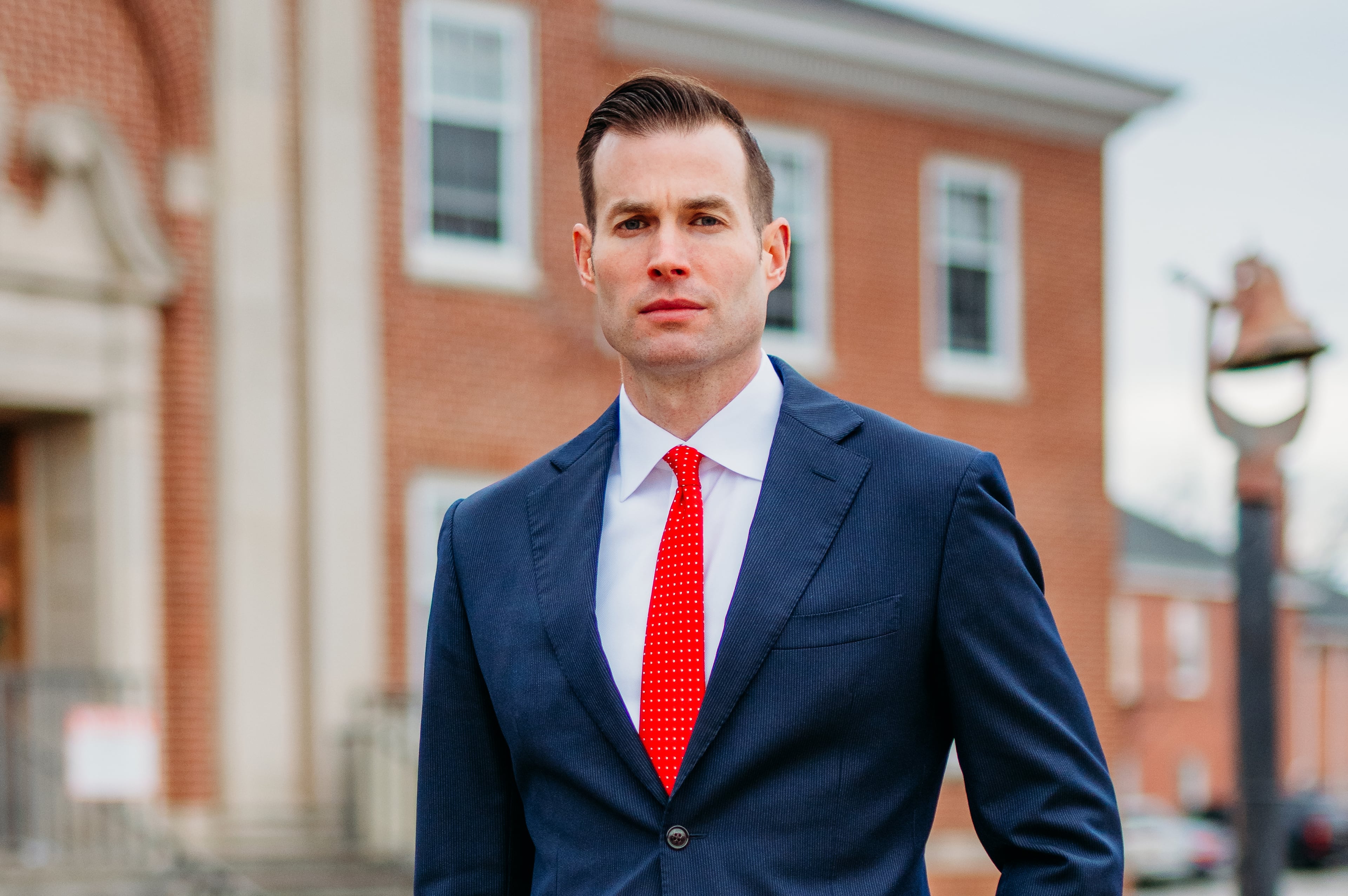Warnock’s record-breaking fundraising sends national message

U.S. Sen. Raphael Warnock amassed another record-breaking fundraising haul, while GOP donors egged on by Donald Trump came off the sidelines to boost Republican Herschel Walker’s challenge.
The fundraising reports filed Friday were yet another indication that the battle for Warnock’s seat will attract enormous attention and money, as both parties battle over a seat that could determine control of the U.S. Senate next year.
Warnock raised more than $9.5 million during the three-month quarter, an impressive sum that highlights the extensive fundraising infrastructure the Democrat has built since he entered the political arena in early 2020.
He ended the quarter with about $17.2 million in cash on hand, more than any Georgia U.S. Senate campaign has reported at this stage in an election cycle, thanks to contributions from more than 145,000 donors.
Warnock, the pastor of Ebenezer Baptist Church, has steadily expanded the donor list he put together during last year’s special election campaign to fill the remaining two years of retired Republican Johnny Isakson’s term.
After Warnock ousted incumbent Republican Kelly Loeffler in the January runoff, his fundraising hardly tapered off. He’s attracted checks from the deep-pocketed elite and contributions from small-dollar donors alike. His average contribution, according to his campaign, was $37.
“This shows that Georgia is definitely a state in play,” said Joel Alvarado, a Democratic strategist. “We’re pushing to become a Democratic stronghold, and this money will help put the boots on the ground and the infrastructure in place to make sure the party can compete.”
An early test
The fundraising deadline Friday was also a test for Warnock’s challengers and other congressional candidates aiming to distinguish themselves from other hopefuls and prove to donors and party leaders that they can run effective campaigns.
Warnock’s cash haul puts him far ahead of his nearest Republican rival. Walker, a former football standout, raised $3.7 million in the five weeks since launching his campaign, thanks in part to his high name recognition and the support of Trump.
Many Republican donors had been waiting for Walker to make up his mind before taking sides in the race, and after his August entrance into the contest he took in donations from all 50 states. He’ll soon get more financial help from his most influential benefactor.
Trump is hosting a Dec. 1 fundraiser for Walker at his Mar-a-Lago resort in Florida that will cost attendees $1,000 for entrance and $5,800 for a photo with Walker and a private reception. Those who raise $25,000 for Walker’s campaign also get a photo with the former president.
Among the hosts of the event are former football players Doug Flutie, Mike Garrett and Johnny Rodgers; retired Atlanta Braves star Tom Glavine; and ex-professional wrestler Ric Flair.
Walker’s best-known GOP competitor, Agriculture Commissioner Gary Black, had a lackluster fundraising quarter, raising less than $600,000 to end with roughly $930,000 in campaign cash in his account. Two lower profile Senate Republican candidates published their results earlier in the day.
Latham Saddler, a Navy SEAL and former Trump administration official, continued to demonstrate his surprising fundraising power by raising $1.1 million over the past three months. Overall, he’s amassed roughly $2.5 million.
And military veteran Kelvin King raised about $340,000 over the three-month period, which spanned July to September, and ended with $450,000 in cash on hand along with a $300,000 loan.
‘It doesn’t matter’?
In other races, vulnerable Democratic incumbents also posted big numbers.
U.S. Sen. Jon Ossoff, who doesn’t face reelection until 2026, outraised some of Warnock’s Republican rivals by collecting $1.5 million over the three-month period. He has roughly $1.8 million in the bank.
Democratic U.S. Rep. Carolyn Bourdeaux, whose Gwinnett County-based swing district will likely see significant changes when political lines are redrawn in November, raised $730,000 this quarter and has $1.7 million in the bank. That puts her ahead of Republican Rich McCormick, who was narrowly defeated by Bourdeaux last year and took in $600,000 in his attempt at a rematch.
And U.S. Rep. Lucy McBath, who represents a stretch of Atlanta’s northern suburbs that neighbors Bourdeaux’s district, raised nearly $900,000 with roughly $2 million on hand. Her Democratic-leaning territory could become far more competitive after the Republican-led Legislature redraws the district lines in November.
McBath’s main Republican competitors lagged behind her fundraising pace. Atlanta attorney Jake Evans raised $400,000 and injected an additional $500,000 of his own cash into the campaign. And former state Rep. Meagan Hanson has collected $300,000 since entering the race.
Warnock is among the most vulnerable Democratic Senate incumbents in the battle for control of the chamber. Democrats are hoping to bolster their fragile 50-50 majority, and Warnock led the way in fundraising among swing-state incumbents in the past quarter while also setting Georgia records.
Republicans tried to downplay Warnock’s prodigious fundraising. Jay Morgan, a lobbyist and former Georgia GOP executive director, said the fascination with fundraising is an “old, tired story line” because whoever emerges in 2022 will be flooded with resources.
“There is a point where it doesn’t matter, and we’re at that point earlier than ever,” he said. “That’s the story.”
Warnock’s supporters saw his loaded bank account a different way — as a sign of his strength headed into an uncertain election year.
“It’s all about optics, and this is a vote of confidence for Warnock,” Alvarado said. “One of the ways to assess his support is whether voters are willing to invest in an incumbent they believe is going to represent them. And that’s what’s happening here.”



